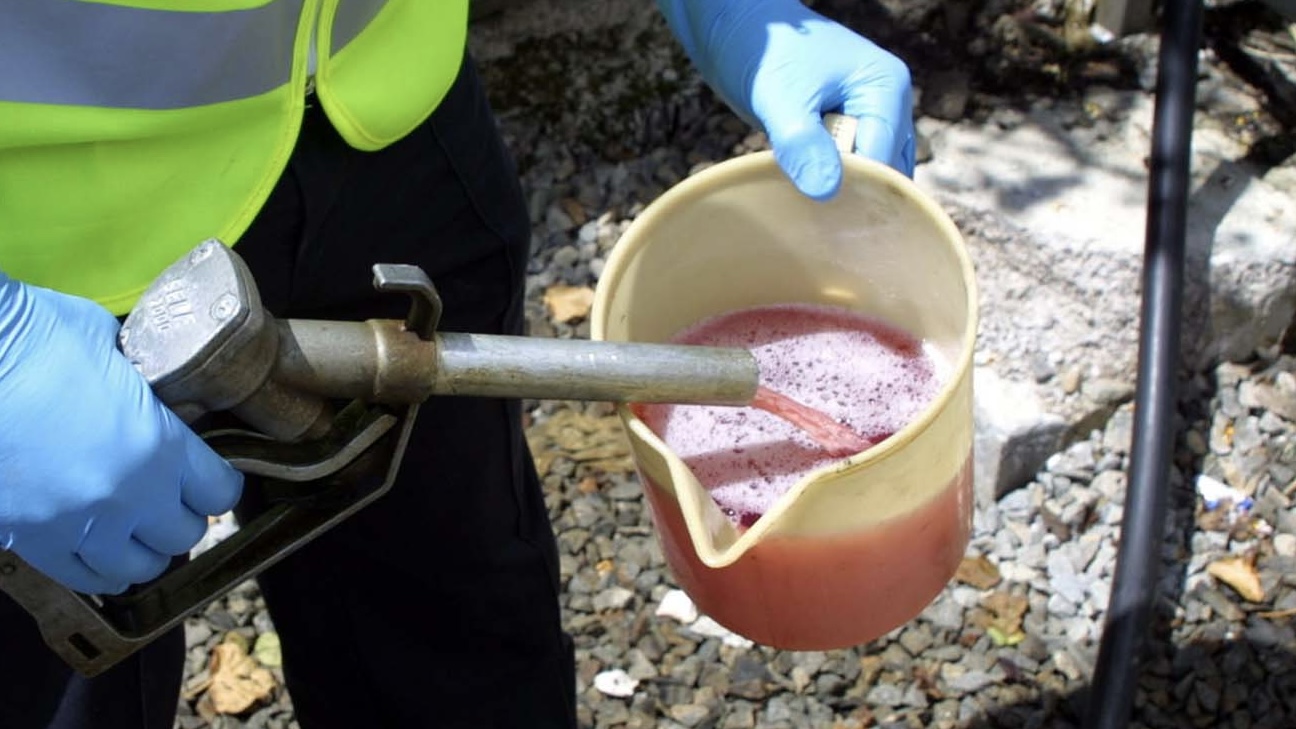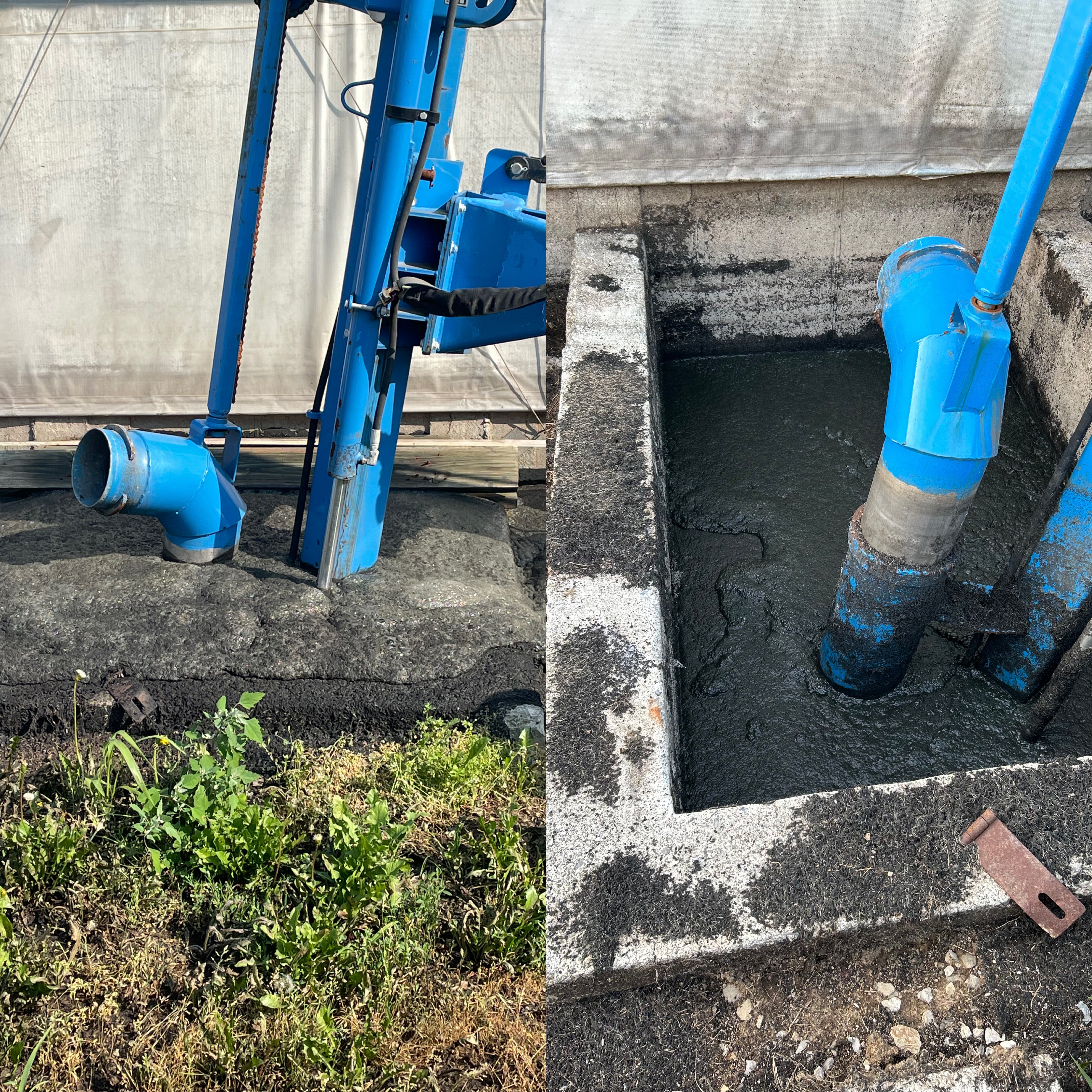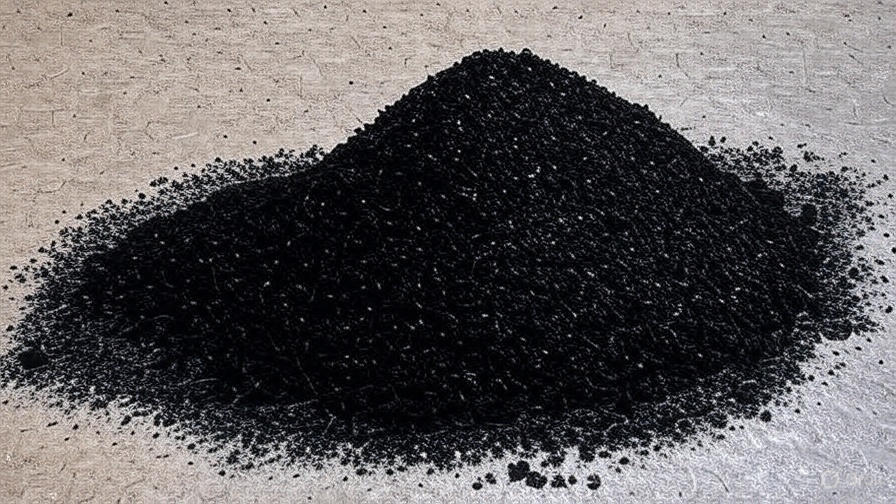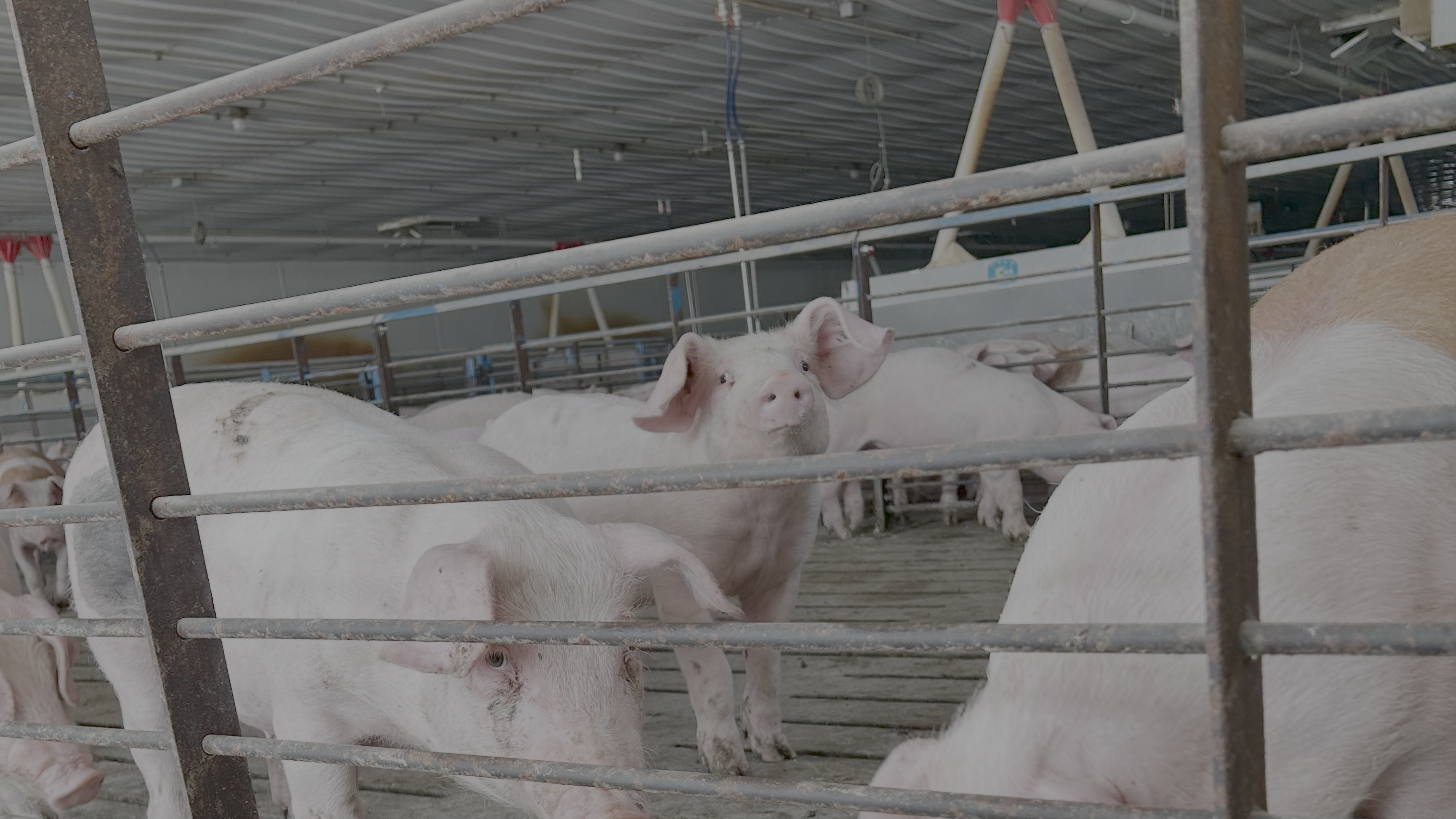As hog farmers, we know the headaches that come with manure pit foam. It's a common issue in barns, trapping gases and creating hazards for both animals and workers. Some producers have turned to adding a little diesel fuel into the pit to break down that foam, but is this quick fix worth the long-term consequences? There is plenty of evidence out there that paints a troubling picture. At Under the Slats, we're all about sustainable solutions that protect your operation, your land, and your bottom line. This post will highlight a few of the risks associated with diesel and how our NGA product offers a natural, biology-driven alternative. The sources used for this post can be found at the bottom of the page.
The Diesel Dilemma: Why Farmers Use It, But Shouldn't
We've heard from producers who add diesel or waste oil to pits hoping to knock down the foam and keep the barn safe. It might seem harmless in small amounts, but petroleum hydrocarbons in diesel are phytotoxic – meaning they're poisonous to plants and can wreak havoc on soil when that manure hits the fields. Even low concentrations contaminate the mixture, turning what should be valuable fertilizer into a toxic slurry that damages crops and ecosystems.
Studies show diesel's impact starts right at the seed level. For instance, research on various plant species found that diesel delays germination and reduces rates significantly, with volatiles from the fuel being the main culprit. In tests with crops like alfalfa, exposure to diesel slowed germination midpoints and impaired early growth. Imagine spreading contaminated manure only to see your fields struggle with stunted seedlings and deformed leaves – not the yield boost you were aiming for.
Digging Deeper: Diesel's Toll on Plant Health and Soil Vitality
The problems don't stop at germination. Diesel hinders plants' ability to absorb water and nutrients, leading to reduced root and shoot development. One study on selected agricultural crops like corn and soybeans showed phytotoxic effects where growth was stunted and cellular damage occurred from hydrocarbons infiltrating tissues. This causes oxidative stress, membrane damage, and even interferes with photosynthesis by inhibiting chlorophyll production.
Worse yet, these toxins can enter the food chain. While uptake isn't massive, plants can absorb hydrocarbons from polluted soil, posing risks to livestock, wildlife, and even human consumers. And let's not forget the soil itself – diesel alters physical properties, clogging pores, reducing aeration, and slashing water infiltration. Microbial diversity takes a hit too, with long-term contamination shifting communities and lowering richness, which is crucial for healthy soil function. In hog operations, using diesel in pits means you're not just managing foam – you're introducing pollutants that could haunt your fields for years.
We've seen similar warnings in ag forums and safety resources, where diesel in manure is flagged for environmental and health dangers. It's a practice that might solve one problem but creates a chain of others, from crop failure to regulatory headaches.
NGA: Nature's Way to Tackle Foam Without the Toxins
Here's the good news: You don't need diesel to conquer foam. Our NGA (Next Generation Animal Agriculture) is a DI water-based microbial solution packed with natural soil bacteria, plant enzymes, and soil-derived carbonates and silicates – all ingredients found in thriving, healthy soils. Unlike diesel, NGA has zero artificial components and works by training bacteria to handle stress in challenging environments like manure pits.
NGA's alkaline nature has no lasting impact thanks to its low concentration, and the "trained" bacteria kick in to remediate pH back to a neutral 6.5-7.5 range. These aerobic bacteria use oxygen to decompose carbon compounds, breaking down foam and solids naturally. Other oxygen-boosting components jump-start the process, ensuring efficient recycling without contamination.
Farmers using NGA report foam gone, easier pumping, and manure that's actually better for fields – no phytotoxins, no microbial disruption, just enhanced soil health. It's like giving your pits a reset button that aligns with nature's plan for sustainability.
Time to Ditch the Diesel and Go with NGA
Foam in manure pits is a real issue, but diesel isn't the answer. With proven risks to germination, growth, soil microbes, and more, it's a shortcut that could cost you in the long run. At Under the Slats, we're committed to solutions like NGA that keep your operation safe, compliant, and productive.
Ready to see the difference? Contact us today to learn how NGA can transform your manure management. Let's build healthier pits and fields together.
Sources:
Effect of Diesel Fuel on Growth of Selected Plant Species
Influence of diesel fuel on seed germination
Influence of diesel fuel on seed germination
Effect of Diesel Fuel Contamination on Seed Germination and Growth of Four Agricultural Crops
Phytotoxicity observed in Tradescantia correlates with diesel fuel contamination in soil
Ecotoxicity of soil contaminated with diesel fuel and biodiesel
Impact of diesel and biodiesel contamination on soil microbial community activity and structure
Impact of Long-Term Diesel Contamination on Soil Microbial Community Structure
Bacterial Targets as Potential Indicators of Diesel Fuel Toxicity in Subantarctic Soils
Save the Diesel for the Truck, Not the Hogs
Effect of Diesel Fuel Contamination on Seed Germination and Growth of four Agricultural Crops
Effect of diesel contamination on bacterial populations in a pristine soil during rhizoremediation




